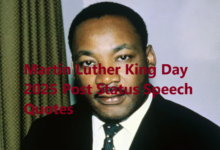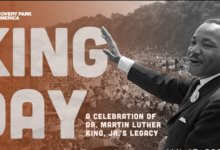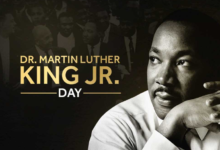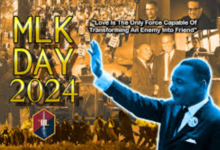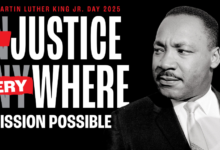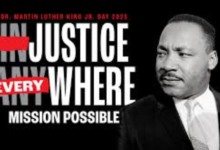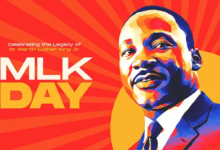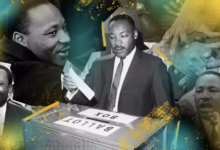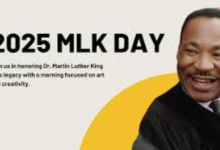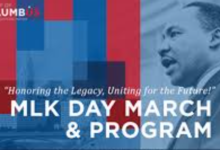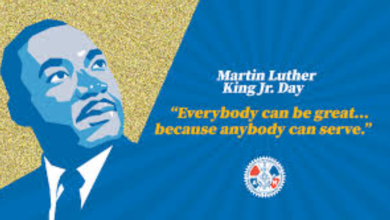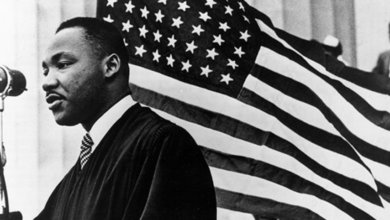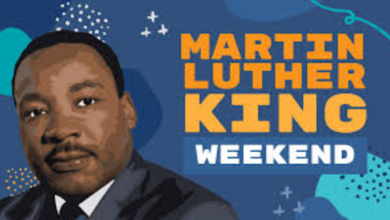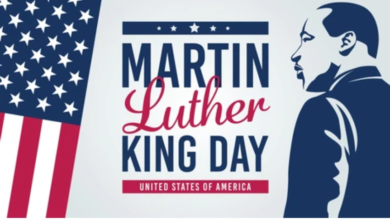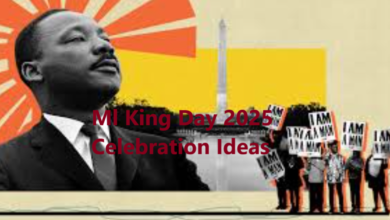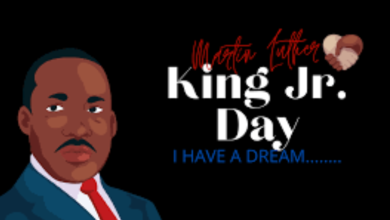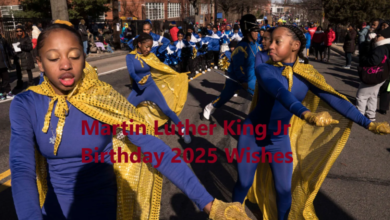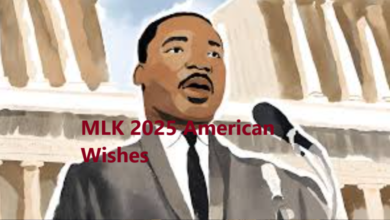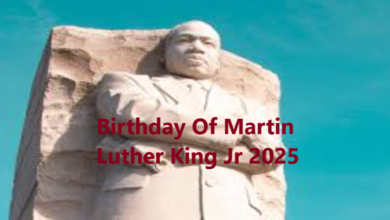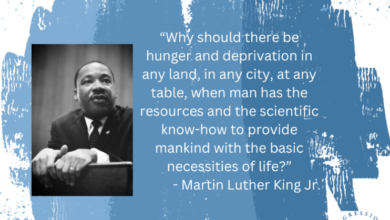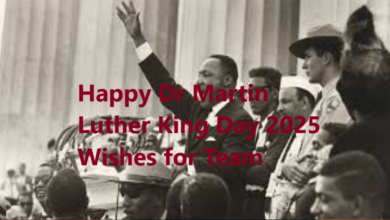Martin Luther King Jr 10 Facts
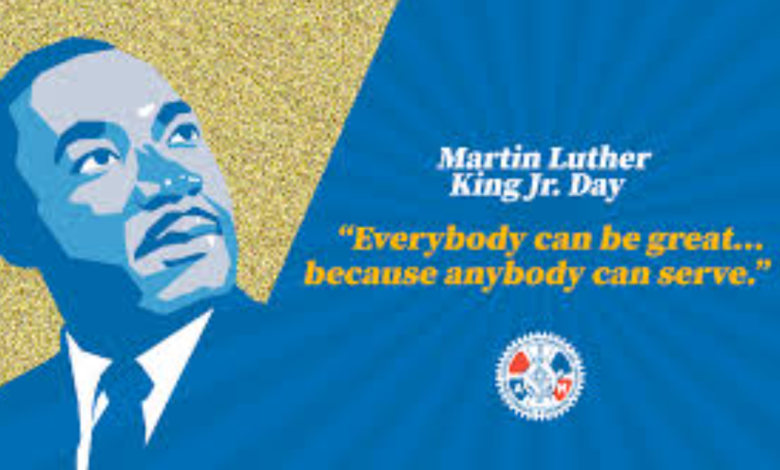
Martin Luther King Jr., one of the most prominent figures in American history, left an indelible mark on the civil rights movement and the fight for racial equality. While many are familiar with his “I Have a Dream” speech and his leadership in the Montgomery Bus Boycott, Dr. King’s life is filled with inspiring and surprising facts that go beyond these iconic moments.
This blog sheds light on 10 fascinating facts about Martin Luther King Jr., from his early life to his lasting legacy. Whether you’re a history buff or just curious about the man behind the movement, these insights offer a deeper understanding of the leader who forever changed America.
1. His Name Wasn’t Always Martin
Martin Luther King Jr. was actually born Michael King Jr. on January 15, 1929. His father, Michael King Sr., changed his own name to honor the German Protestant leader, Martin Luther, after visiting Germany in 1934. Following this change, young Michael became Martin Luther King Jr., a name befitting a future leader who would challenge injustices with unshakable resolve.
2. He Was a Child Prodigy
Martin Luther King Jr. was an exceptionally gifted student. He skipped both the ninth and twelfth grades, entering Morehouse College in Atlanta at just 15 years old. This remarkable academic acceleration paved the way for his later achievements, including earning a Ph.D. in systematic theology from Boston University at the young age of 25.
3. He Almost Became a Doctor… Just Not of Theology
Before committing to the path of theology and activism, King considered a career in medicine or law. At Morehouse College, he initially toyed with these professions but eventually found his calling in ministry, following in the footsteps of his father.
4. He Was Imprisoned Nearly 30 Times
Dr. King spent time behind bars an estimated 29 times during the civil rights movement. His arrests were often for participating in nonviolent protests and acts of civil disobedience, but sometimes they were on dubious or exaggerated charges. For example, he was jailed in Montgomery, Alabama, in 1956 for driving 30 miles per hour in a 25-mile-per-hour zone.
His time in jail didn’t deter him—it only strengthened his resolve to fight for justice, serving as a powerful testament to his unwavering dedication.
5. He Won a Nobel Peace Prize
At just 35 years old, Martin Luther King Jr. became the youngest person at the time to receive the Nobel Peace Prize. He was recognized for his efforts to combat racial inequality through nonviolent resistance. Instead of keeping the $54,123 prize money, he donated it to the civil rights movement, channeling the funds toward furthering the cause he so passionately believed in.
6. His “I Have a Dream” Speech Was Improvised
The iconic “I Have a Dream” speech, delivered during the 1963 March on Washington, wasn’t fully scripted. While Dr. King had prepared a speech, gospel singer Mahalia Jackson urged him to “tell them about the dream.” Inspired, King launched into the now-famous lines about his dream of racial equality and harmony. This moment became one of the most celebrated speeches in American history.
7. His House Was Bombed
During the Montgomery Bus Boycott in 1956, King’s house was bombed in retaliation for his leadership in the movement. His wife, Coretta Scott King, and their infant daughter were at home at the time, but fortunately, they were unharmed. Instead of retaliating with violence, King stood before an angry crowd of protesters and encouraged them to follow the path of nonviolence. His leadership during this crisis solidified his reputation as a steadfast advocate for peace.
8. He Was Inspired by Gandhi
Martin Luther King Jr.’s philosophy of nonviolent resistance was profoundly influenced by Mahatma Gandhi. During a trip to India in 1959, King studied Gandhi’s teachings and witnessed the impact of his strategies firsthand. King often credited Gandhi’s work as the blueprint for the civil rights movement, emphasizing the importance of love and peaceful resistance in the fight for justice.
9. He Survived an Assassination Attempt Before 1968
Years before his assassination in 1968, Martin Luther King Jr. narrowly survived another attempt on his life. In 1958, while signing copies of his book “Stride Toward Freedom,” a woman named Izola Ware Curry stabbed him in the chest with a letter opener. The blade was so close to his aorta that doctors said a sneeze could have ended his life. Dr. King underwent emergency surgery and, true to his character, later forgave the woman who attacked him.
10. He Is Honored with a National Holiday
Martin Luther King Jr. Day, observed on the third Monday of January, is a federal holiday in the United States. It celebrates King’s life and contributions to the civil rights movement. Signed into law by President Ronald Reagan in 1983, it is the only national holiday dedicated to an individual who was not a U.S. president. The day is marked by acts of service and reflections on King’s enduring legacy.
